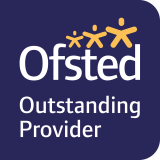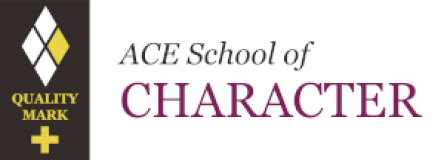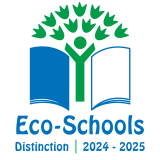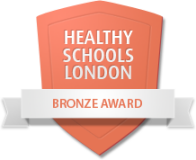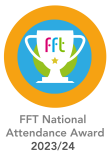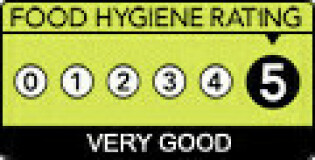Challenging The MAL Students
MAL and HPP students achieve their potential through:
-
High challenge in lessons
-
Choice
-
Exploration
-
Inquiry
-
Thinking skills
-
Connections within and between curriculum areas
-
Developing independent learning skills
Through this simple checklist we can see in principle that all of these activities would be beneficial for more able students in our subject. What is more tricky is designing new lessons and tasks incorporating them, adding them to an already crowded scheme of work, and thinking about how the activities can be structured to allow all students in the class to develop skills, not just the able. That is the challenge.
Here are some ideas for challenging more able learners in your lesson
-
Opportunity to work at increased pace
-
To start from what they already know- which may be more than everyone else
-
Less practice at tasks
-
Less detailed inspection
-
More independence of study
-
A reduced number of steps in a process
-
Open-ended situations
-
More problem solving
-
Abstract tasks
-
The need to Fail
-
A wide variety of opportunities
-
Contact with teachers- how often do they get less contact compared to others?
-
Creative opportunities
-
Space to experiment
-
More challenging open questions
-
The opportunity to take risks
Principles of a Differentiated Curriculum for the MAL, HPP and Gifted Students
-
Content that is related to broad issues, themes or problems
-
Choice of task/topic
-
Opportunity to develop independent study skills
-
Opportunity for in depth learning of a topic
-
Open-ended tasks
-
Develop and practice research skills and methods
-
Integrate higher level thinking skills- Blooms Taxonomy:
-
Encourage the development of products that challenge existing ideas and produce ’new’ ideas
-
Develop products using new techniques, materials and forms
-
Metacognition- become more aware of how they are learning
-
Self-assessment
A Checklist of Approaches to Differentiation
|
By Task |
Open-ended activities Support/Core/Extension Must/Should/Could Higher level ideas |
Use and Apply |
|
By Support |
Use of TAs |
Resources |
|
By Pace/Time |
Less time |
Time for review/ evaluation |
|
By Interest |
Select from menu |
Devising own challenges |
|
By Resource |
Bank of materials |
Varied pics/artefacts |
|
By Recording |
Spoken Written |
ICT Graphical |
|
By Organisation |
Learning Styles |
Location of resources |
|
By Student Expertise |
Groupings: reading/writing partners |
Group composition: thinker, ideas person, writer, drawer, presenter |
|
By Talk/Questioning |
Teacher interventions/ questions Level, speed, sophistication of language |
Debates/discussions |
Characteristics of effective provision Excellent teaching:
-
Lesson planning which accommodates the needs of Gifted and Talented learners
-
Recognising and building on what learners already know and setting out appropriate objectives
-
A classroom culture of high expectations and aspirations, in which achievement is celebrated and learners of all abilities are valued
-
Presenting the curriculum as a series of real life problems to be solved
-
The use of varied teaching approaches to make learning engaging and challenging
-
Matching tasks to learner’s maturity and preferred learning styles
-
Encouraging independent thinking and open inquiry
-
Selecting and using questions that stimulate higher order thinking
-
Encouraging and supporting learners in asking their own questions
-
Promoting and modelling a variety of thinking skills
-
Modelling and requiring learners to use effective problem solving techniques
-
Using classroom discussion effectively
-
The use of peer and self assessment to make young people partners in their learning, to help them assess their own work and to reflect on how they learn and inform subsequent planning and practice
-
Stimulating and paying attention to the student voice
-
Linking out of class experiences with day to day learning
Barking Abbey strives to ensure that More Able learners have access to a learning environment challenges and supports and encourages high expectations of appropriate behaviour and recognition of every kind of ability. The school appreciates that More Able young people need to:
-
Have a stimulating environment, with access to high quality resources
-
Know that they can ask searching questions and get a considered response
-
Receive appropriate encouragement and praise
-
Be recognised as individuals with strengths and weaknesses
-
Be able to hold meaningful discussions with the teacher, other adults and other young people
-
Be highly engaged
-
Have independence, with students having control over learning and assuming responsibility for their learning and behaviour
-
Develop confidence in their own abilities, with self esteem and strong social skills
-
Develop maturity in student relationships and the development of mutual respect for staff and peers


